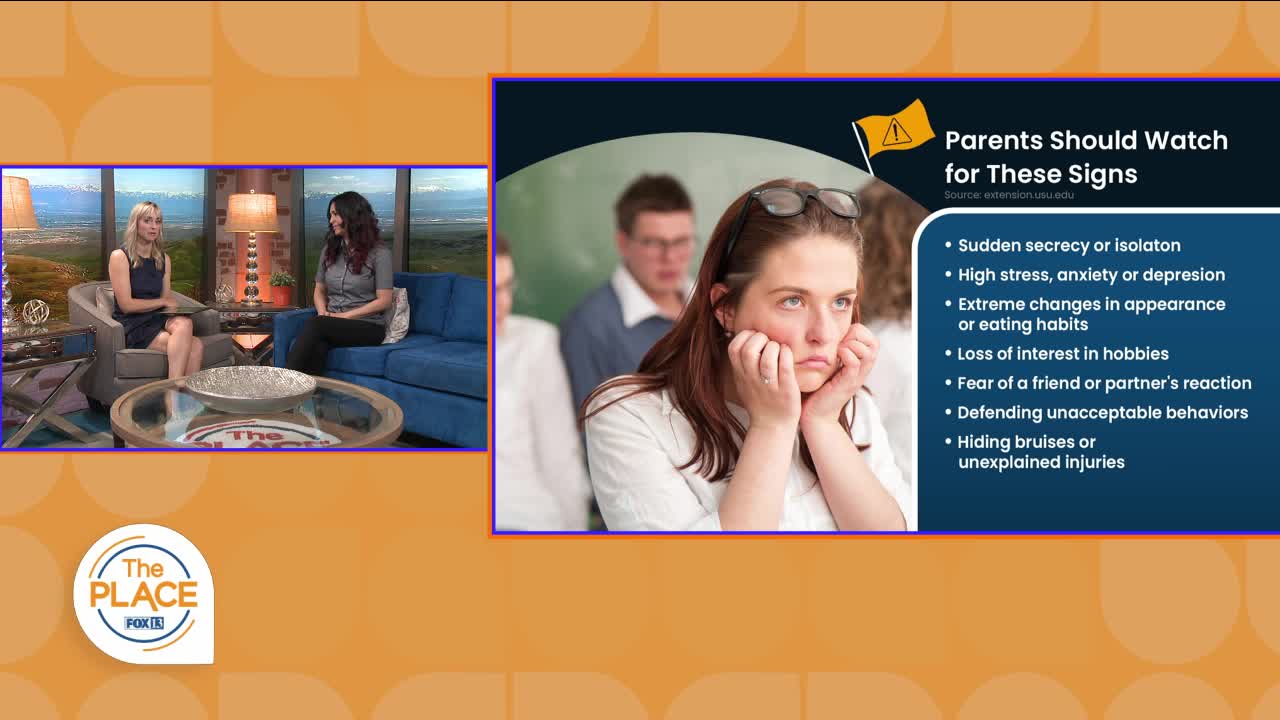Parents play a crucial role in modeling healthy relationships and guiding their children through early friendships and romantic attachments.
Elizabeth Davis, USU Extension Associate Professor, joined us with some healthy relationship tips for teens, and some red flags for parents to watch out for.
She says healthy relationships share these key traits:
- Mutual respect – Boundaries and privacy are honored.
- Trust – Both parties believe in each other's integrity.
- Honesty – Openness fosters trust and connection.
- Fairness and equality – There is a balance of give and take.
- Support – Partners encourage each other in good times and bad.
- Good communication – Issues are discussed calmly and respectfully.
- Fighting fair – Disagreements are handled with honesty and without insults.
- Individuality – Each person maintains their own interests and friendships.
- Self-confidence – Secure individuals respect differing opinions.
Relationships with these attributes can bring joy, fun and share a child's future interactions.
On the other had, there are red flags to unhealthy relationships including these:
- Controlling behavior – One person dominates decisions and isolates the other.
- Criticism and disrespect – Insults, emotional manipulation, or belittling.
- Dishonesty – Lying, withholding information, or stealing.
- Dependence – Excessive reliance on the other person.
- Intimidation and hostility – Frequent conflict, fear, or threats.
- Physical or sexual violence – Includes any form of coercion or harm.
Parents should watch for signs including sudden secrecy or isolation, high stress, anxiety or depression, extreme changes in appearance or eating habits, a loss of interest in hobbies and defending unacceptable behaviors.
Elizabeth says it can be difficult for parents to intervene if they see any of these warning signs.
Parent can consider these tips:
- Clarify relationship terms – Discuss what dating, hanging out, or hooking up means.
- Discuss relationship readiness – Conversations about one-on-one dating should happen before it begins. Pediatricians often recommend youth wait until they are at least age 16.
- Keep communication open – Talk about their friendships and listen more than you speak.
- Model healthy relationships – Demonstrate respect, boundaries, and problem-solving in your relationships to help teach children what to expect in their own relationships.
- Help set boundaries – Guide adolescents in establishing and maintaining healthy limits.
Elizabeth says early conversations about relationships help preteens navigate them.
By fostering open dialogue and setting positive examples, parents can guide their children towards strong, respectful relationships.
You can learn more at extension.usu.edu.



